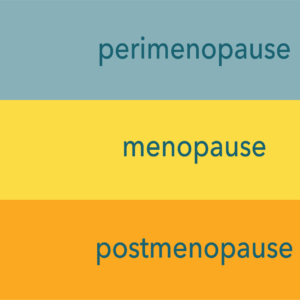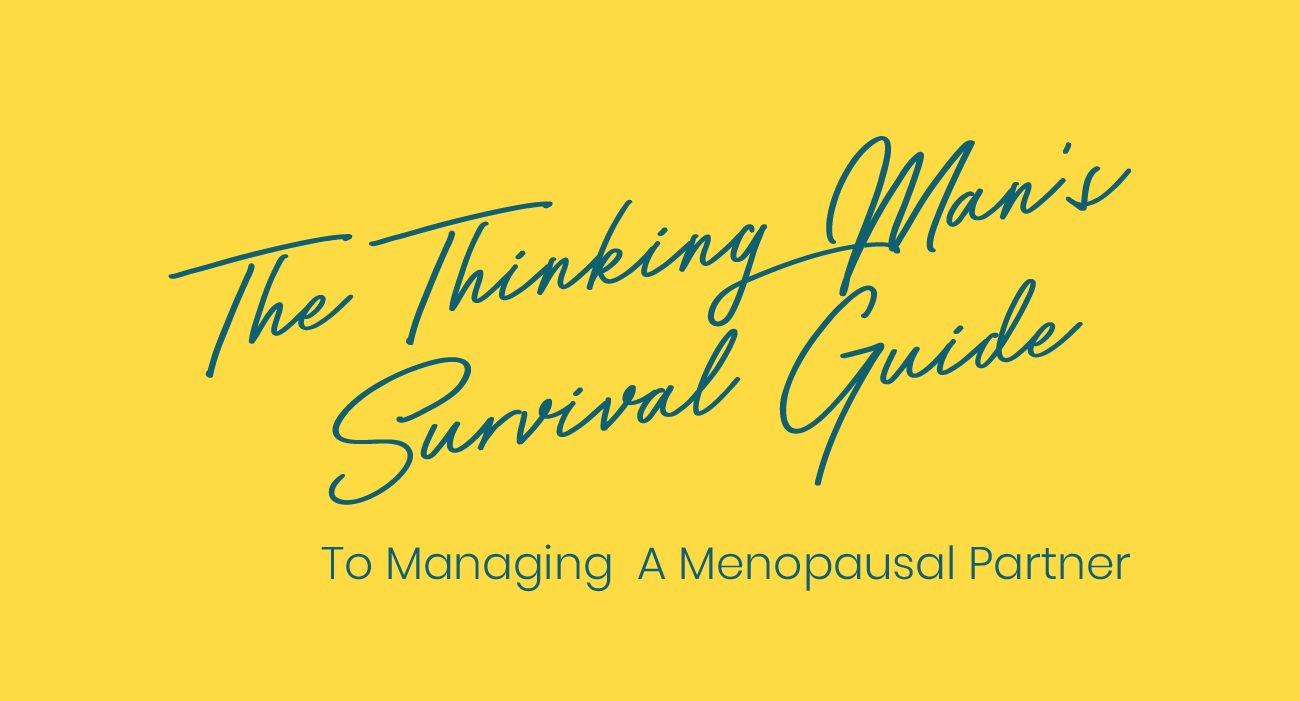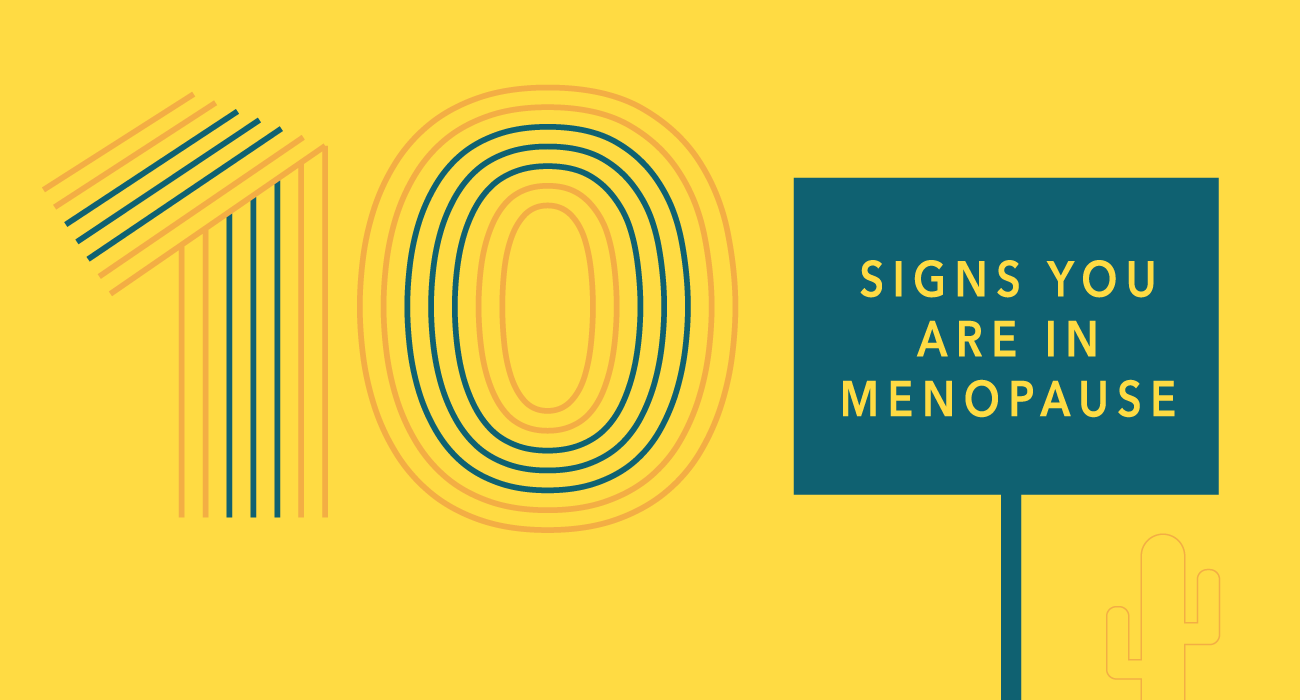
What is menopause – and do we understand what it really means?
What is menopause – and do we understand what it really means? Growing up, many of us were made aware that over time our bodies were bound to grow and change. Getting your first period was (in most cultures) something that was celebrated. It signified the entry into womanhood and heralded a new chapter of life, one that promised more independence, excitement, and new possibilities. So, even though we knew it wasn’t a fun experience to get your period each month, we also knew it was a sign of a normal and healthy body.
The next milestone in many women’s lives is pregnancy. Again, we step into this chapter with plenty of knowledge and information, ready to celebrate the changes for all they bring. The good, the bad and the ugly.
The next milestone in a woman’s life? You guessed it…menopause. Menopause is a totally normal and healthy transition that all women will experience.
So, why are so many women caught unawares and have no idea of the many symptoms, or how to alleviate them? All the research points to a lack of information and a remaining stigma and taboo in talking about menopause – which leaves women in most societies around the world unsupported and suffering silently during their menopause transition. South Africa is no different.
Daliah is on a mission to unmute the conversation around menopause to make sure women are fully informed and supported throughout their menopause journey, by understanding the symptoms and possible solutions for every stage.
First, let’s look at what menopause means. It is defined as the time in our lives when our fertility starts to decline. The actual word ‘menopause’ means the ‘end of monthly cycles’ (the end of monthly periods or menstruation) and comes from the Greek word pausis (‘to pause’) and mēn (meaning ‘month’). And that is exactly what this time should signify: a time when we can pause the responsibilities of childbirth and raising young children; and a time – if we are fortunate – to focus on ourselves more.
Menopause signals the decline of our reproductive hormones around the age of 40 to 50 years. You are in menopause officially when you haven’t had a period for 12 months. Common symptoms include hot flushes, vaginal dryness, and sleep disturbances. Some women experience anxiety or depression. Usually, symptomatic relief is prescribed, including lubricants and oral hormone therapy.
What many women are not aware of, sadly, is that the period leading up to menopause, called perimenopause, can be one of the most confusing and disruptive times in our lives as women are often unaware they are in the early stages leading up to menopause. This is also commonly worsened by a cycle of frustration and misdiagnosis
There are also different types of menopause:
- Natural: This is when the body goes into menopause naturally due to normal changes in hormones when a woman matures.
- Medical: Unfortunately, various disease treatments such as chemotherapy, radiotherapy or other medical interventions can cause a woman’s ovaries to stop working, leading to menopause
- Surgical: When a woman’s ovaries are removed, her hormone levels decline immediately, leading to menopause.
There are many scientific articles about the facts of menopause, but these don’t tell the whole story of a woman’s journey to freedom from periods and child-rearing, to a greater awareness of self.
Menopause is uniquely part of our life and the choices you make now – from the quality of your diet to the quality of your relationships have the power to make menopause a time of personal empowerment where you can emerge healthier, stronger and wiser.
This is the story Daliah aims to tell. Your story





